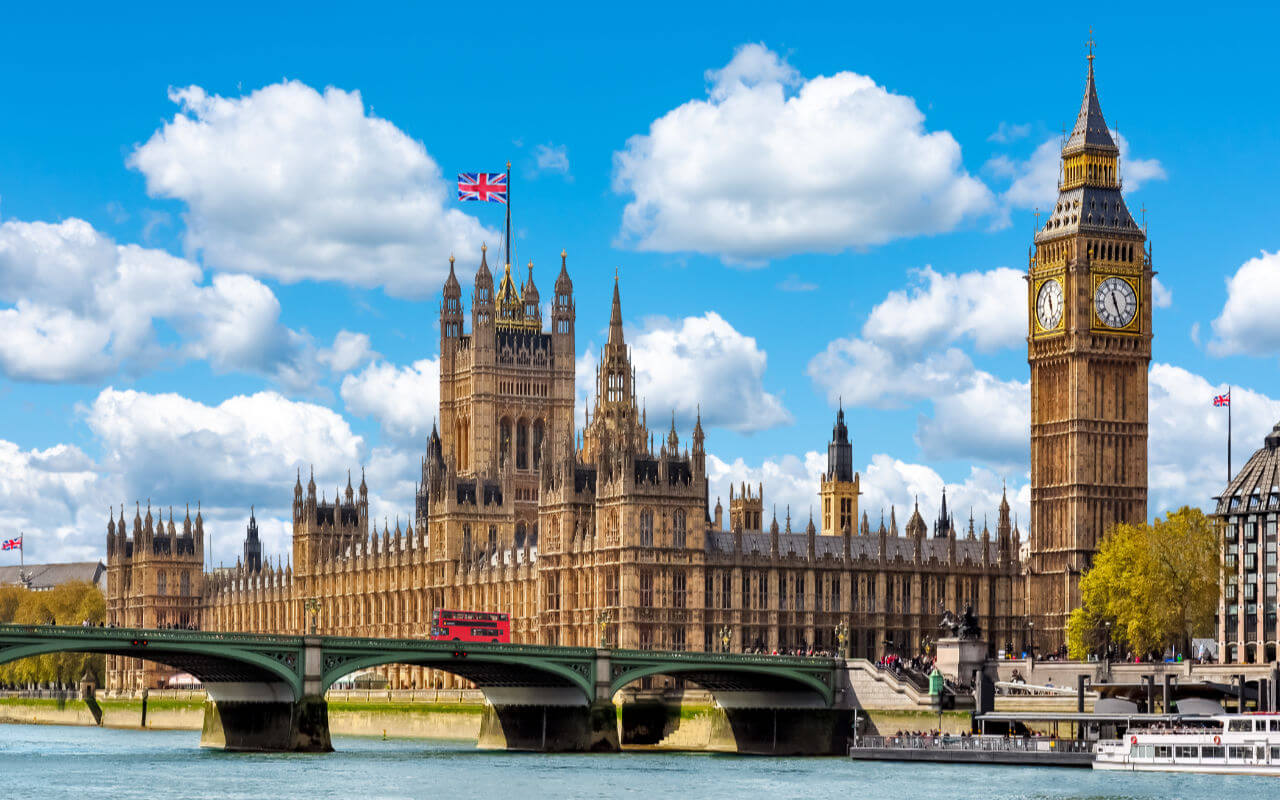When David Dimbleby made his debut hosting the BBC’s coverage of the 1979 election, he announced the departure of a Labour government (which had changed leader during the party’s incumbency) and the arrival of a Conservative government which would remain in post for almost two decades.
Next year (or in very early 2025), when the BBC introduces a new host to their first post-Dimbleby election coverage, might we see a similar sea change in British politics? Most pollsters put Keir Starmer’s Labour party as strong favourites to oust the Conservatives after 13 years of government.
In this article, we consider what a Labour government might mean for private wealth.
Abolishment of the non-domiciled regime
Labour have promised to scrap non-domiciled (“non-dom”) status and have pointed to research which suggests this might generate an additional £3.6bn a year in tax revenue. These findings have been contested with commentators suggesting that the total scrapping of the regime could result in an exodus of non-domiciled individuals which may in fact leave a hole in public finances.
While commentators continue to argue what the effects of scrapping the regime might be, Labour have announced that they would introduce a new system for people living only temporarily in the UK. This is likely to have a narrower scope and be more limited in duration but may otherwise resemble the current regime.
VAT to be charged on private school fees
Registered independent schools are considered “eligible bodies” under VAT legislation. At present, the provision of education by eligible bodies is known as an exempt supply. This means that registered independent schools do not need to charge VAT on their fees.
Labour have confirmed their intention to carry out a 2019 manifesto pledge to remove this exemption from independent schools with the result being that the 20% tax will be applied to school fees.
Schools will be able to off-set some of this increase against the goods and services (on which VAT is chargeable) it buys and (depending on the legislation enacted) they may be able to separate out some of their services so that VAT would only be chargeable against some elements (for example, after-school care can qualify for exemption from VAT). However, even if fees might not increase by exactly 20%, a substantial increase seems likely for many schools.
Changes to Capital Gains Tax (CGT)
2023 has seen various stances expressed by members of the Labour front bench in respect of CGT. However, recently Rachel Reeves has been at pains to reiterate that there are no “current plans to raise” CGT. This may change and there are other alterations to the tax which could result in more tax being payable.
One such change has already been implemented by Rishi Sunak in the form of reducing the annual exemption from £12,000 in the 2019/20 tax year to £3,000 for the 2024/25 tax year.
We will need to wait and see more detailed proposals in the parties’ manifestos when they become publicly available in 2024 but it seems inevitable that change in some form is on the horizon.



